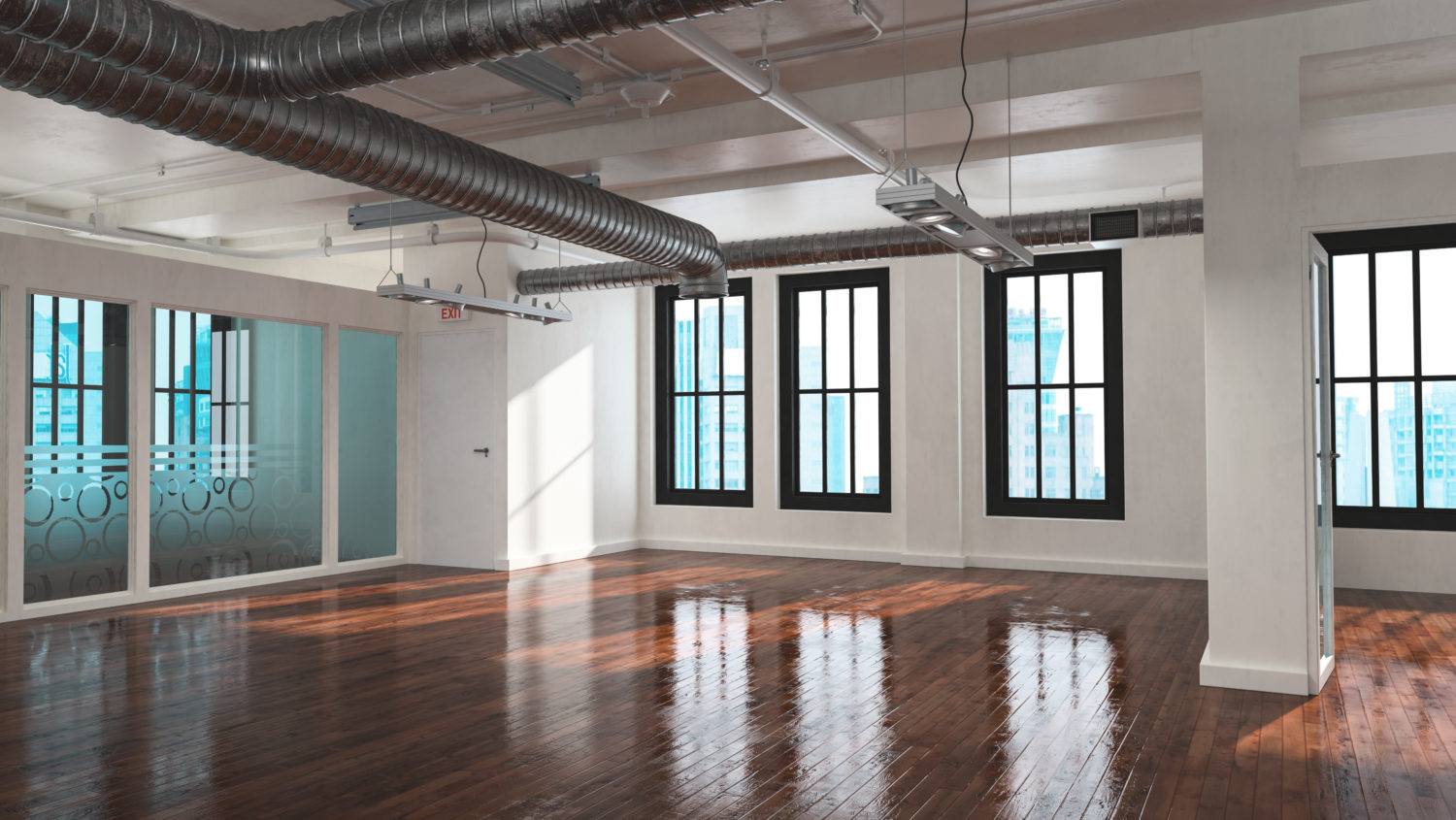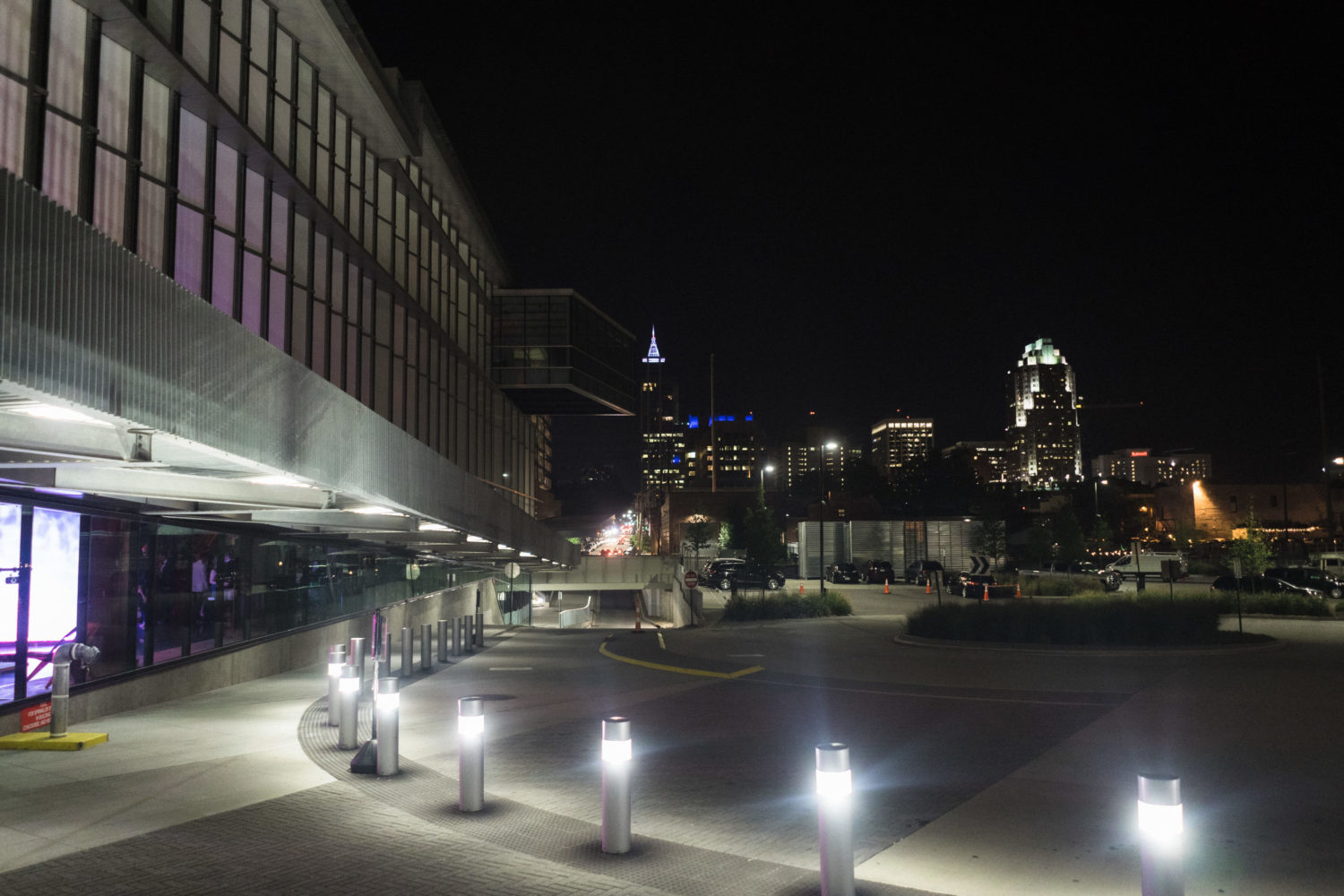Monthly Archives: December 2019
The Impacts of High Construction Costs on Tenants
Construction costs in the commercial real estate market continue to rise. As a tenant, why does this matter to me?
- Construction costs, not just to build out your space but also to build or renovate the building, are a large component of rent.
- For landlords, higher construction costs are reflected in higher rents for tenants and need to be closely monitored to recoup those costs in rent. Higher costs, which equate to higher rent, can also impact a building’s competitiveness when tenants consider multiple competitive properties.
What is causing the rise in Construction costs?
There are many factors which are outlined in the bullets below:
- We are in the midst of the longest economic expansion in the history of our country. A strong economy creates fierce competition for resources and labor. Economics 101 dictates that the higher the demand, the higher the cost.
- Labor, a major component of construction costs, is in short supply as general contractors struggle to hire subcontractors who can pick and choose their work.
- The competition for subs goes beyond the commercial real estate industry as commercial general contractors compete with residential contractors for labor.
- Market disrupters, such as hurricanes, put further strain on the tight labor supply as subs are drawn to more lucrative repair and rebuilding projects (I have heard of several subs who have temporarily moved to the coast for repair work where they can earn higher prices due to a shortage of qualified subs)
- Tariffs: The trade war with China, and resulting tariffs, have caused a significant increase in materials costs (metal studs, copper wiring, lighting and plumbing fixtures, etc.). In a recent conversation with a construction superintendent, I learned that contractors are facing delayed deliveries and higher costs as a direct result of the tariffs. Additionally, contractors are pricing in contingencies (i.e. higher than current actual costs) because they have been burned by signing a set price contract and then having material costs come in higher than expected.
- Additionally, the uncertainty caused by the tariffs is creating uncertainty in contractor forecasting.
What Are Typical Construction Costs for Office Space in This Competitive Environment?
- Costs for renovating second generation space range from $10-$20/SF
- Costs for building out shell space range from $45-$85/SF
- Additional “soft costs” related to an office fit-up can range from $40-$60/SF
- These soft costs along with the corresponding range per square foot are:
- Move/Decommission Costs: $0.75-$1.50/SF
- Furniture: $25-$35/SF
- Technology (audiovisual, structured cabling): $4-$7/SF
- Design/Consulting: $6-$9/SF
- All-in costs (construction + office fit-up) for shell space range from $86-$145/SF
As a Tenant, How Can I Best Manage the Impact of Higher Construction Costs?
- The best way to manage your costs are:
- Engage a tenant representative early in the process (12-18 months before a move is optimal) to aggressively negotiate a favorable lease.
- Engage a professional project manager to pull together a team of consultants that can assist in streamlining the process, This team would consist of a general contractor (GC), a design firm as well as furniture, data cabling and technology consultants.
- The design firm will create a “program” (list of specific space needs) which can them be applied to a “test-fit” (a preliminary space plan that applies the program to a specific space)
- Have your GC price and provide any value engineering to the plan to drive down the cost.
In closing, The Research Triangle market which consistently receives national accolades will continue its growth (~92 people a day moved to Wake, Durham, Orange and Johnston Counties in 2018) which will result in higher land and construction costs. Thus the trend in rising rents will continue. Knowing this and planning ahead by engaging the best consultants early in the process will give your company the ability to forecast and accommodate the rising costs associated with leasing space.
Robert Hoyt, Tenant Broker
Our Amazing Tenants – BeeWell
Imagine you’re about to go into the hospital for a procedure. A few weeks prior, your doctor’s office hands you a stack of papers with confusing information about how to prepare, what to expect and how to recover. Not only are you nervous about the procedure, now you need to organize all the instructions and keep up with them. You feel more like a passenger on this journey and not a participant.
This is where BeeWell comes in. BeeWell has designed a patient-facing app that provides education, tasks, schedules and reminders to prepare a patient before, during and after their procedure. The app not only engages the patient in their care but also keeps his/her doctors and family informed. And, it is an amazing tool for a practice to improve outcomes and patient satisfaction.
Dr. Alden Parsons, a top thoracic surgeon at WakeMed and BeeWell’s co-founder along with her husband Dr. Stephen Parsons, worked hard throughout her career to prepare her patients emotionally and physically for surgery. Despite her best efforts, there was never enough time for ongoing support and patients didn’t always feel educated or empowered to make the best decisions. This is why she and her husband, a neonatologist, founded BeeWell in 2015.
York Property Manager Shawn Seuberling and BD Manager Julie Paul visited with CEO Matt Womble and Accounts & Operations Manager Luciana Gray in their cozy office in Powerhouse Square. In addition to hearing the inspiring story of their business, we got a chance to ask some fun questions:
What inspired the name BeeWell? Bees and honey are longtime symbols of health – and we want patients to be well.
Are you involved in the urban bee movement (Bee Downtown or Apiopolis)? We do support and partner with local beekeepers. Perhaps our property managers would allow a beehive? [Property owner note: Under advisement…]
What are your future plans? We want to help improve people’s lives by empowering them to better navigate the complex healthcare system while improving their health. Our current clients are hospitals and medical practices that provide surgical interventions. In the future we want to help educate and prevent health issues from occurring in the first place.
What would you like our triangle community to know about your company? Our nation spends over $3.5 trillion annually on healthcare, 18%+ of our GDP. Empowering patients has proven to reduce healthcare expenses by over 21%. The Triangle is rich with innovation and healthcare – BeeWell will bridge these two strengths by helping put patients first. And it’s really inspiring to work for a woman who founded the business because she saw a need and filled it!
Favorite thing to do around the office and/or in Raleigh? Luciana said the team enjoys the walkability of the area, the historic aspects, the many restaurants, and variety of people that represent the heart of a very unique and welcoming city. Matt likes to hold walking meetings, and will often pick up plastic and other trash along the way (see picture). He’s curious if other downtown businesses would like to join him in a trash-bucket brigade. The staff also enjoy stopping off for a beer at co-tenant Clouds Brewing to relax at the end of a day.

SubMarket Insights: Downtown Raleigh – Sneaky Cool
The New York Times visited Raleigh in 2018 and aptly deemed it “sneaky cool” – deceivingly mild on the outside, yet passionate, friendly and energetic on the inside.
Historically dominated by state and local government and universities, a new wave of tech entrepreneurs is choosing to call Raleigh home – both homegrown and transplant. With all this growth comes new restaurants, arts, amenities and a burgeoning cool factor. Downtown used to be dominated by one main street, Fayetteville, but now sports interesting micromarkets with an impressive array of major developments on the books.
- To the west, the Warehouse District is growing up anchored by Raleigh Union Station, the Dillon mixed-use development, Morgan Street Food Hall and CAM Raleigh showcasing cutting edge contemporary art and performance.
- Moore Square to the east is home to newly renovated Moore Square park, Marbles Kids Museum (the most-visited children’s museum per SF in the country), new residential development and ANOTHER great food hall, Transfer Co.
- To the north, Seaboard is slated to undergo a major $250 million transformation and Person Street showcases a small-town main street vibe with restaurants spilling out onto the street, historic homes, and an urban farm. Smoky Hollow redevelopment is under construction with hundreds of new apartments, an urban Publix grocery store, and class A office pushing downtown’s boundaries northwest.
- To the southwest our crown jewel is taking shape, Dix Park, a 308-acre oasis adjacent to downtown, is the nation’s most exciting park project according to Curbed magazine.
We’re not ready to rest on our laurels, although we do have them……. Jus’ sayin’
Latest Laurels
- Top 20 US City for Startups – Commercial Café, June 2019
- #3 Best City to Work in Tech in America – SmartAsset, June 2019
- #3 Best City to Work in – Fortune, January 2019
- #1 Best Beer Festival in the US – Brewgaloo – USA Today, April 2019
- Top 10 Places ot Live in the US – US News & World Report, April 2019
- And so on….
Stats
- City Population (2018 Est): 469,000
- DT housing units: 5,472 @ 95% occupancy
- DT Residents: 8,500 (18,585+ within a mile)
- Downtown Employees: 47,000
- Office occupancy: 94.6%
- Median household income: $61,505
- Bachelor’s Degree attainment or higher for those 25+: 50%
- 3 James Beard Award nominations in 2018
Resources: City of Raleigh, Downtown Raleigh Alliance, Wake County Economic Development, US Census



